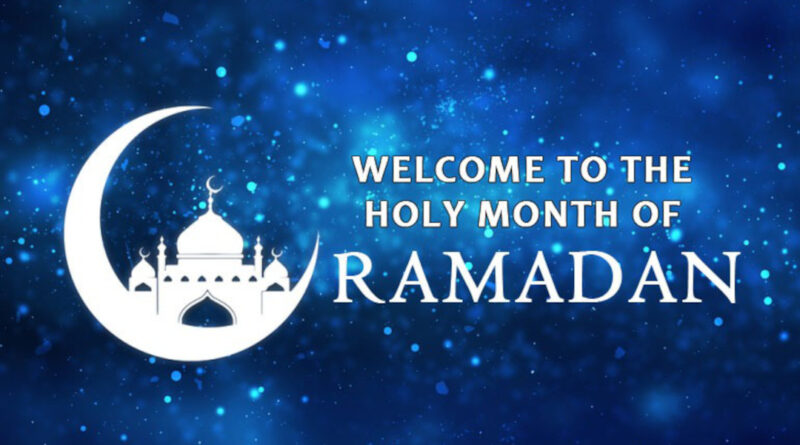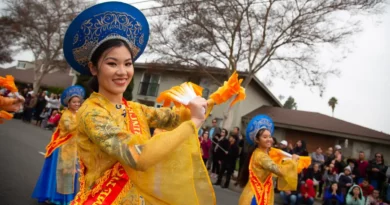History Of Ramadan
Ramadan is a holy month for Muslims around the world, and is one of the five pillars of Islam. During this month, Muslims fast from dawn until sunset, and engage in additional prayers and acts of worship. Ramadan is a time for spiritual reflection and increased devotion, but it also has a rich history and cultural significance. In this article, we will explore the history of Ramadan, from its origins in the seventh century to its modern-day practices.
The history of Ramadan dates back to the year 610 CE, when the Prophet Muhammad received the first revelations of the Quran. These revelations continued over a period of 23 years, and during this time, the Prophet and his followers faced persecution and hardship. It was during this period that the practice of fasting during Ramadan was established. The Quran states that fasting is a way to increase piety and to seek forgiveness from God.
The practice of fasting during Ramadan was initially optional, but it later became mandatory for all able-bodied Muslims. The fast involves abstaining from food, drink, and other physical needs from dawn until sunset. Muslims also engage in additional prayers and acts of worship during Ramadan, and strive to increase their charitable giving and good deeds.
Ramadan is also significant for its cultural traditions and practices. In many Muslim countries, the month is marked by special foods and gatherings with family and friends. In some countries, it is traditional to have a pre-dawn meal, or suhoor, before the fast begins, and to break the fast with a meal called iftar after sunset. Mosques also play an important role during Ramadan, as they often host additional prayers and provide opportunities for spiritual reflection.
Today, Ramadan is celebrated by over a billion Muslims around the world. While the core practices of fasting and increased devotion remain the same, there are variations in how Ramadan is observed across different cultures and countries. In some countries, for example, the workday is shortened during Ramadan to allow for additional time for prayer and reflection. In other countries, the focus is on community and family gatherings, with special foods and decorations.
Ramadan is a month with a rich history and cultural significance. It is a time for spiritual reflection, increased devotion, and acts of charity and kindness. While the practice of fasting is at the core of Ramadan, the month is also marked by a range of cultural traditions and practices that reflect the diversity of Muslim communities around the world. For Muslims, Ramadan is a time to strengthen their connection to God and to their community, and to renew their commitment to living a life of piety and service.
Discover more from City Towner
Subscribe to get the latest posts sent to your email.




